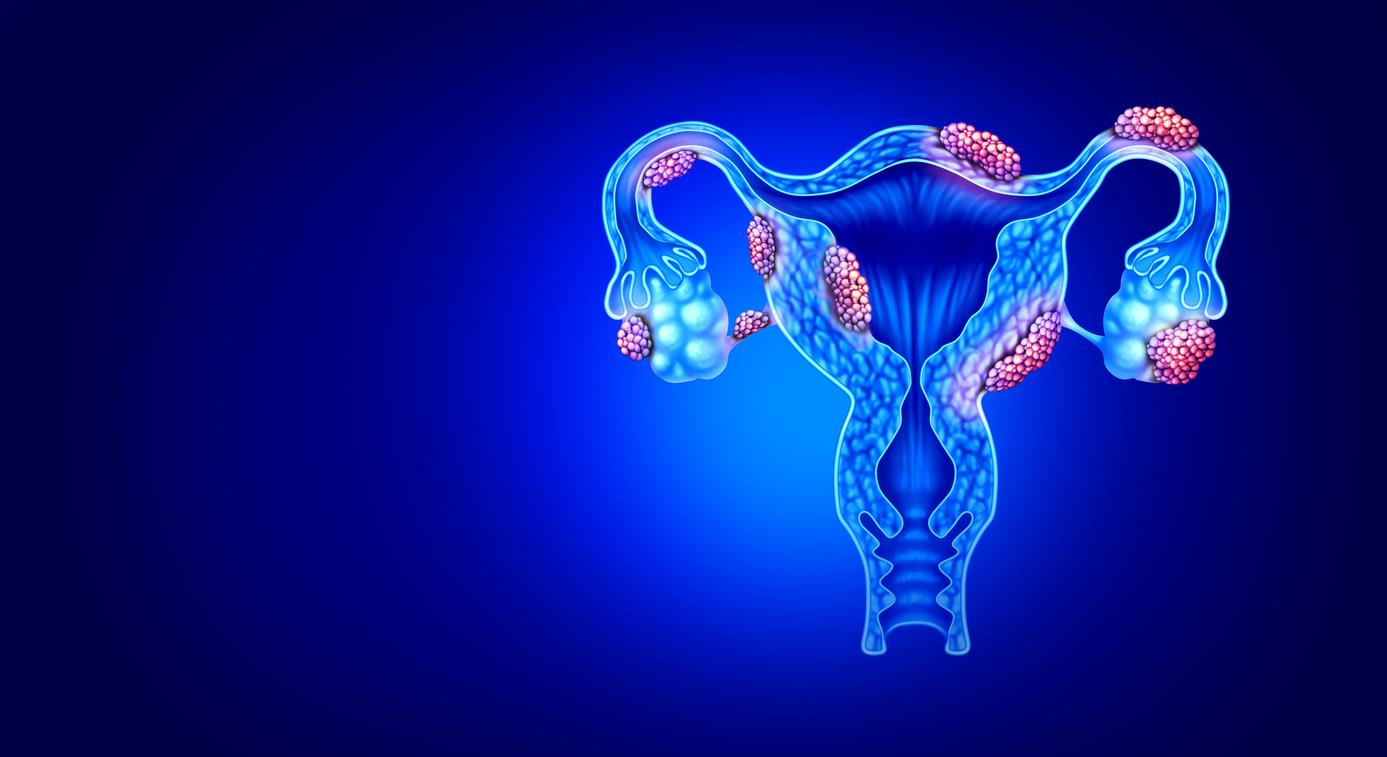Patients with Attention Deficit/Hyperactivity Disorder (ADHD) are more sensitive to pain than others. By studying the brain of mice, French researchers believe they have found why.

- Diagnosing ADHD is difficult because there are no signs specific to this disorder: the signs suggestive of ADHD can be similar to those of other disorders (learning disorders, intellectual precocity disorders, anxiety disorders, depression, abuse, autism spectrum disorders).
- ADHD affects 3 to 5% of school children in France, mostly boys, but the signs are often more discreet in girls.
It’s a double jeopardy: suffering from an attention deficit disorder with or without hyperactivity (ADHD) increases the sensitivity to pain, and in turn, this amplifies the symptoms of ADHD. But why such reciprocal aggravation? The answer seems to have been found recently by a team of French researchers, whose work was published in the journal Proceedings of the National Academy of Sciences (PNAS).
Mice with ADHD tested for pain
Reportedly, people with ADHD, a neurological condition that affects 2.5% of adults according to the association HyperSupers, generally have difficulty staying focused, show inattention, impulsiveness or even hyperactivity. Added to this is a lesser-known symptom: an increased sensitivity to pain. This being reduced by the treatment against ADHD, this is proof that it is linked to the disorder itself. But what is the direct link between pain and ADHD?
“Pain processing in the brain is often modified by other neurological situations, including neurodegenerative or neuropsychiatric disordersexplains Marc Landry, lead author of the study, in a communicated. We are interested in the links between alterations in pain sensitivity and anxiety, depression and ADHD.” To reach their conclusions, the researchers used mechanical stimuli, hot and cold, in mice with ADHD and others without, to compare their neurological responses to pain.
ADHD and pain make each other worse
The results are final. On the one hand, in ADHD mice, the consequences of a state of pain were amplified: not only was their pain sensitivity threshold lower than in healthy animals, but the difference between their normal and painful states was also more important. On the other hand, the researchers observed that this increase in sensitivity goes through a renewed activity of the neurons responsible for transmitting the painful stimulus to the brain.
In other words, it is because of an alteration of the cerebral network of pain control that patients suffering from ADHD feel more pain. “ADHD and persistent pain worsen each other, conclude the researchers. And new treatments should target overlapping mechanisms for better efficacy.”


















